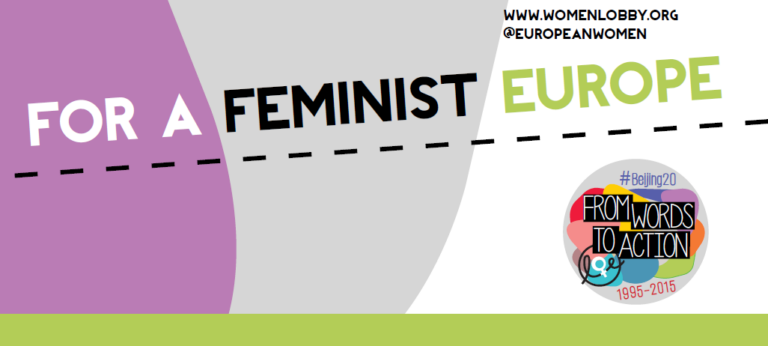[Ahram online, 29 November 2011] Preliminary reports from the first day of Egypt’s historic parliamentary elections suggest that women voters have turned out in high numbers to make their voices heard.
However, some women’s rights campaigners fear that, despite the enthusiasm of female voters, the new parliament will see a record low in the number of women elected.
Women, who were given the vote in 1956, have historically been under-represented in political life in Egypt. A quota of seats reserved for female candidates was first implemented in 1979. In the parliamentary elections of 2010, widely viewed as corrupt and fraudulent, a total of 64 seats were reserved for women.
In May 2011, however, the ruling military council removed the quota for women, a move criticised by some women’s rights groups. In a statement, the Egyptian Coalition for Civil Education and Women’s Participation argued that the removal of the women’s quota would damage women’s political participation, and questioned why it was removed when the quotas for “worker” and “farmer” candidates were retained.
Speaking at a seminar on Women and Elections held by the American University in Cairo on November 17, Nehad Aboul Komsan, Chairwoman of the Egyptian Center for Women Rights, argued that women were actively involved in political life before the revolution, and broke barriers during the revolution itself.
Komsan argued, however, that since the revolution, women’s voices had been neglected by a military that “didn’t see women”, and that under the new electoral rules, which require proportional lists to include female candidates but don’t stipulate where they should be placed, many women’s names come at the end of the lists, drastically reducing their chances of being elected.
In recent months there have been controversies over how political parties and electoral blocs deal with female candidates. Gameela Ismail, a prominent activist and opposition figure, dropped out of the Muslim Brotherhood-led Democratic Alliance list, saying that she had been placed third rather than first on the list for the Downtown Cairo district seat because the Brotherhood was reluctant to see women elected.
Some campaigners, however, see representation in parliament as only one part of the battle. Speaking to Ahram Online on Monday, Mozn Hassan, Executive Director of the Nazra for Feminist Studies, argued that this election may see greater turnout among middle and upper class women, in contrast to previous votes. But Hassan said that high turnouts and quotas do not always mean that women are empowered.
“Counting is not the key…women must be in the public space, with equal rights, fully involved.”
Hassan emphasised the importance of women’s involvement in all areas of public and political life, including the local councils and professional syndicates.
“Women must have the space to choose what they want, and not what other people want for them.”
“This will be a hard battle…But the elections are a beginning, not an end.”
by Hazel Haddon


